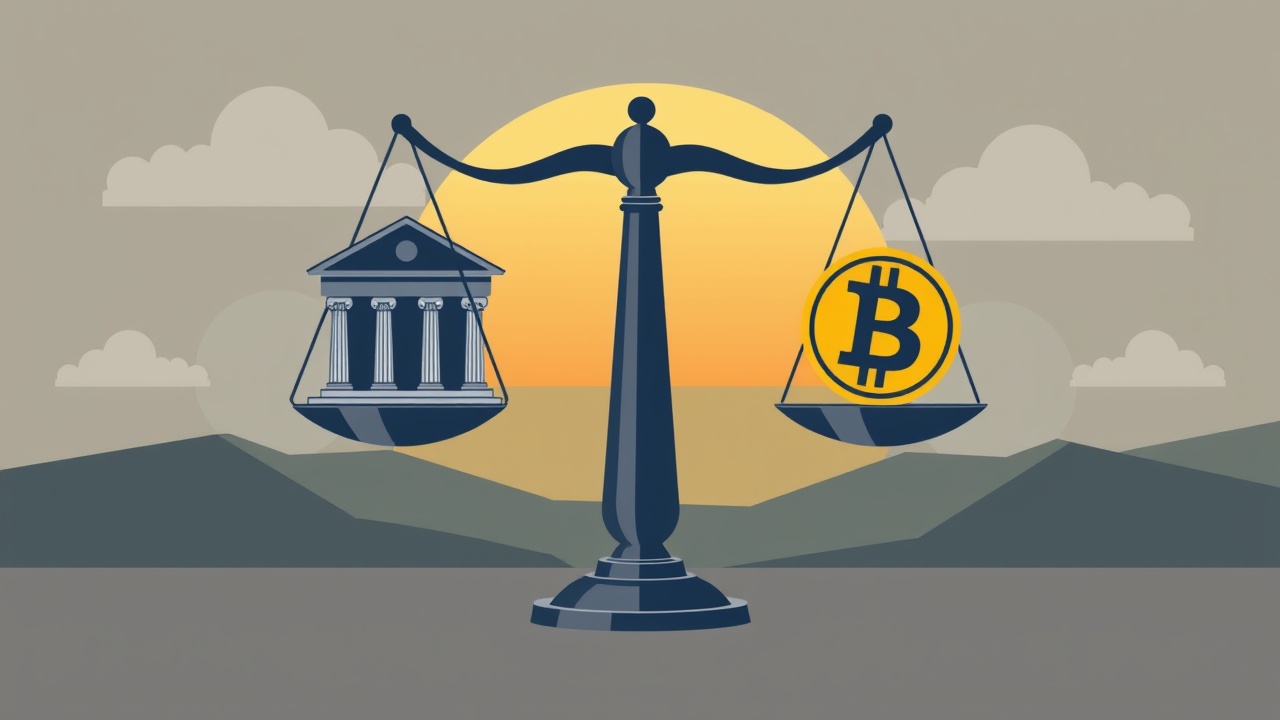Introduction
The U.S. Securities and Exchange Commission (SEC) is on the verge of introducing an “innovation exemption” aimed at fostering a structured regulatory environment for cryptocurrency and fintech startups, as revealed by SEC Chair Paul Atkins in a recent address. Atkins highlighted the significant restraints that the crypto sector has grappled with over the past four years, a situation he believes has driven innovation overseas instead of flourishing within the United States.
Regulatory Challenges and the Need for Change
Atkins pointed to the phenomenon often described by Republicans and proponents of cryptocurrency as “regulation by enforcement,” particularly under the leadership of former SEC Chair Gary Gensler during President Biden’s administration. This upcoming initiative signifies the SEC’s most concerted attempt yet to transition from sporadic enforcement actions towards establishing a solid framework for groundbreaking financial technologies, encompassing the latest advancements in cryptocurrencies, blockchain technologies, and decentralized finance (DeFi).
Conditional Exemptive Relief Framework
In June, Chair Atkins expressed a strategic vision for the SEC staff to investigate a “conditional exemptive relief framework,” aimed at allowing blockchain-based financial projects to operate under temporary, regulated conditions while comprehensive rulemaking is developed. Following this announcement, Ethereum governance tokens experienced a notable surge. Last month, Atkins reaffirmed the SEC’s commitment to formalize this innovation exemption, indicating that the final proposal could be ready by the end of the year as part of efforts to streamline compliance pathways for innovation.
Opportunities for Decentralized Platforms
This new exemption is intended to provide opportunities for various decentralized platforms to experiment with their ideas without incurring excessive legal costs initially. Wendy Fu, CEO and founder of Sui-based DEX Momentum Finance, emphasized that for the SEC’s initiative to be meaningful, it must align with the operational realities of crypto systems, cautioning against it becoming mere “regulatory theater” without practical applicability.
Shifting Perspectives in the Crypto Ecosystem
The sentiment expressed by Atkins and other allies in the crypto ecosystem reflects a surge of optimism regarding the SEC’s shift from an enforcement-focused approach to a more collaborative stance on the regulation of digital assets. Jakob Kronbichler, CEO of Clearpool, a credit marketplace operating on blockchain, articulated that this movement could potentially reconcile the tension between regulatory oversight and the dynamic nature of innovation in the U.S. market. He noted that the absence of a clear regulatory pathway has left many crypto projects in limbo, highlighting the importance of establishing an exemption that demonstrates that investor protection and innovation can coexist.
Future Prospects for Innovation
With the SEC’s recent initiatives, there is hope to regain the lost presence of crypto companies that opted to leave the U.S. due to ambiguous regulations. Kronbichler discussed the potential for this new framework to reduce barriers for responsible experimentation in sectors like DeFi and tokenization, allowing companies to innovate without the fear of punitive retroactive actions from regulators.
If executed effectively, these exemptions could transform the landscape for startups within the financial technology sector, promoting a healthier ecosystem for innovation in the United States. The SEC aims to not only regulate but also understand and observe emerging practices in digital finance closely, fostering an environment conducive to domestic innovation that meets global standards.




